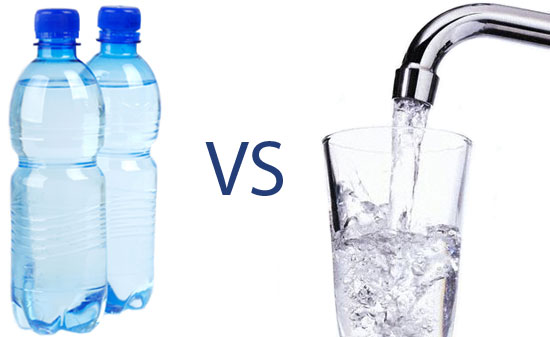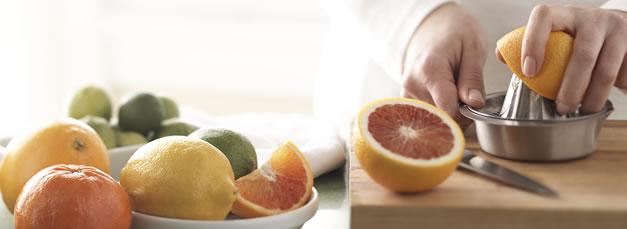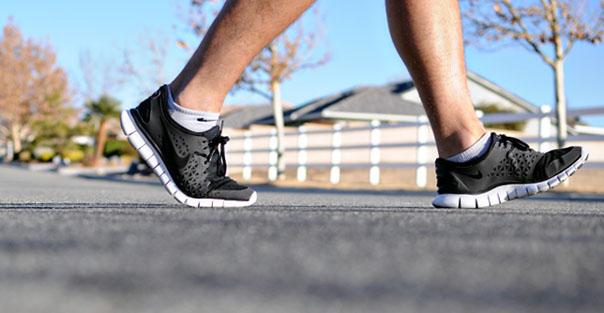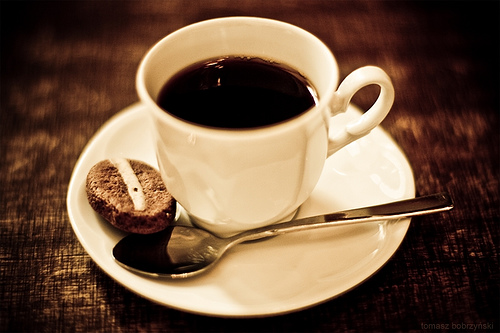Why Believe These 10 Health Myths When They're Not True?
Nothing changes faster these days than science and medical advice. That's why, when it comes to your general health, it's hard to know what information is right, wrong, and somewhere in between. So keeping that in mind, here are 10 biggest health questions answered.
Is bottled water better for you than tap water? Short answer: NO! (Click to read full answer)
Bottled water is no safer or purer than tap water, although it is substantially more expensive. A recent study by Glasgow University in the U.K. found that bottled water is actually more likely to be contaminated than water from your faucet because it is less well-regulated. Bottled water and tap water typically come from the same sources — natural springs, lakes, and aquifers. While public water supplies are tested for contaminants every day, makers of bottled water are only required to test for specific contaminants every week, month, or year.
Image via filtersfast.comRELATED: "Don't drink bottled water left in your car." Fact or fake? Find out:
The real truth about the viral post on Facebook about bottled water in car & cancer. [CLICK FOR FULL STORY]
Is drinking fruit juice as good for you as eating fruit? Short answer: NO! (Click to read full answer)
Calorie for calorie, whole fruit provides more nutritional benefits than drinking the pure juice of that fruit. That's because when you liquefy fruit, stripping away the peel and dumping the pulp, many ingredients like fiber, calcium, vitamin C, and other antioxidants are lost. For comparison, a five-ounce glass of orange juice that contains 69 calories has .3 grams of dietary fiber and 16 milligrams of calcium, whereas an orange with the same number of calories packs 3.1 grams of fiber and 60 milligrams of calcium.
Image via eatingwell.comIs walking as effective as running? Short answer: YES! (Click to read full answer)
Studies have shown that how long you exercise — and thus how many calories you burn — is more important than how hard you exercise. Running is a more efficient form of exercise, but not necessarily better for you. A six-year study published in the journal Arteriosclerosis, Thrombosis, and Vascular Biology in April found that walking at a moderate pace and running produced similar health benefits, so long as the same amount of energy was expended.
Image via greatist.comIs the MSG in Chinese food likely to give you a headache? Short answer: NO! (Click to read full answer)
A review of 40 years of clinical trials, published in the journal of the American Academy of Nurse Practitioners in 2006, found that all previous research "failed to identify a consistent relationship between the consumption of MSG and the constellation of symptoms that comprise the syndrome," including headaches and asthma attacks. The misconception spawned from several poorly-done small studies in the 1960s that seemed to connect MSG with a variety of maladies that people experienced after eating at Chinese restaurants.
Image via balidynasty.comCan a hot tub make me sick? Short answer: YES! (Click to read full answer)
Hot tubs — especially ones in spas, hotels, and gyms — are perfect breeding grounds for germs. The water is not hot enough to kill bacteria, but is just the right temperature to make microbes grow even faster. Even though hot tubs are treated with chlorine, the heat causes the disinfectant to break down faster than it would in regular pools. The most common hot tub infection is pseudomonas folliculitis, which causes red, itchy bumps. A more dangerous side-effect of soaking in a dirty Jacuzzi is a form of pneumonia known as Legionnaire's disease. This is what reportedly sickened more than 100 people at the Playboy Mansion back in 2011.
Image via imgur.comDoes sugar cause hyperactivity? Short answer: NO! (Click to read full answer)
Following a review of 23 studies, a 1996 report published in the Journal of the American Medical Association concluded that sugar "does not affect the behavior or cognitive performance of children." The age-old myth that kids misbehave when they eat large amounts of candy, cookies, and other junk food, could be related to the type of events where these foods are typically served. For example, kids are more wound-up at birthday parties and during Halloween when sweet treats tend to flow freely.
Image via babble.comDoes coffee cause cancer? Short answer: NO! (Click to read full answer)
Coffee got a bad rap in the 1980s when a study linked drinking coffee to pancreatic cancer. The preliminary report was later debunked. More recently, health studies have swung in favor of the caffeinated beverage. Coffee has been linked to a lower risk of type 2 diabetes, Parkinson's disease, liver cancer, and even suicide.
Image via photographyblogger.netDo eggs raise cholesterol levels? Short answer: NO! (Click to read full answer)
Although egg yolks are a major source of cholesterol — a waxy substance that resembles fat — researchers have learned that saturated fat has more of an impact on cholesterol in your blood than eating foods that contain cholesterol. "Healthy individuals with normal blood cholesterol levels should now feel free to enjoy foods like eggs in their diet every day," the lead researcher from a 25-year University of Arizona study on cholesterol concluded.
Image via caspost.comHave something to say about this? Facebook or Tweet us!
Yang terkini daripada Latest on SAYS (@SAYSdotMY). SAYS is Malaysia's social news network. Get today's must-share stories, links & videos.
JOIN THE GROWING SAYS COMMUNITY ON FACEBOOK: SAYS is Malaysia's social news network. Social media users from each country curate, contribute and...
 facebook.com
facebook.com







